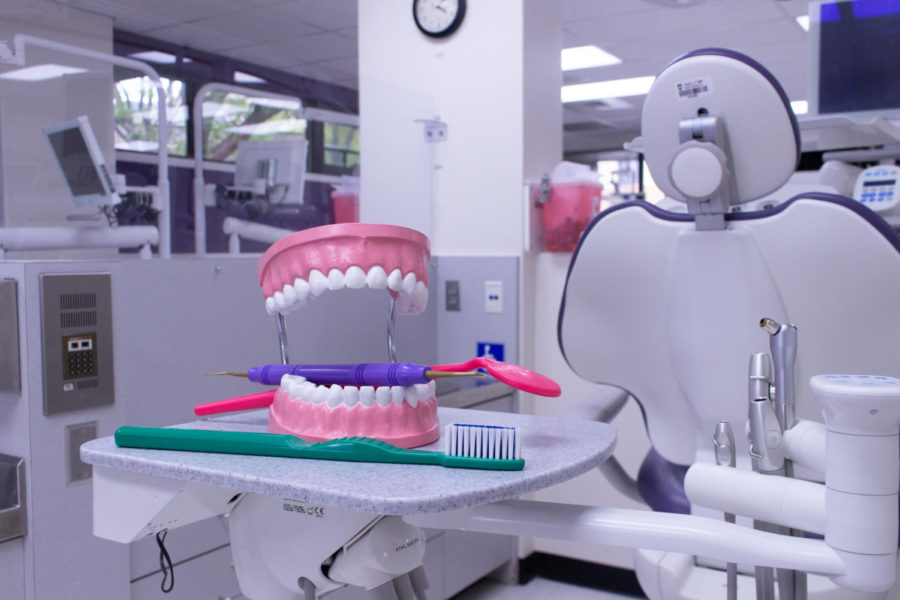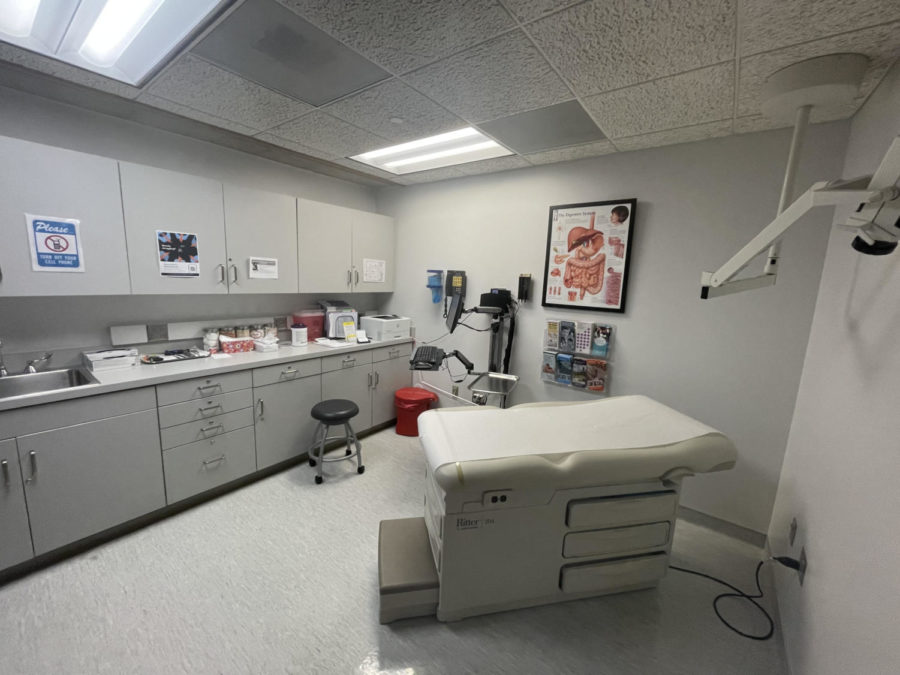Machines are becoming the future for human living, with robotic limbs currently being used, along with other devices that benefit those who might have lost a part of their lives.
Mechanical devices and machines have helped increase performance of people who might have lost limbs, or have heart problems or any other problems that might seem as if they can’t be fixed. This would have been true 40 years ago, but because of advances in technology, this can now happen, with more advances to come in the near future.
Michael Chorost, technology theorist and author of Rebuilt: How Becoming Part Computer Made Me More Human, spoke last Tuesday at the Wildcat Tech Expo on how he received a cochlear implant in his ear to help his hearing. He went from being completely deaf in 2001 to now being able to hear through a computer device implanted in his ear.
“I had to re-learn my hearing all over again,” Chorost said. He said about 219,000 people worldwide have cochlear implants, so it’s not an uncommon technology.
Hearing can decrease due to damaged hair cells. The implant picks up radio waves from external sound and says in a robotic voice what is being said. Chorost said he has definitely gotten better at hearing what people say now compared to when he first received the implant, and he also had a few upgrades to pick sound up better.
This is only one of many devices that have helped people who have lost parts of their body that they can never regain. For those who have lost limbs, there are prosthetic limbs, and even robotic limbs to help them regain use of what they lost. These have benefited military veterans who have come home with lost arms or legs. The nursing program at the Weber State University College of Health Professions teaches students how to deal with care for patients who have lost limbs.
“It’s very obvious if someone has lost some function, there’s the physiological things we can see,” said Kathy Culliton, clinical coordinator for associate degree nursing.
The program also simulates scenarios when patients suffer from traumatic injuries. Culliton said it also depends on the resources the patients have, because if they are in a state with a good social program, they will have better success than those in states that don’t.
“It’s not just the physical we have to look at; it’s the psychological, the social and the environment that takes in resources, and we also look at culture,” Culliton said.
Hospital care for the patients is not very long, taking as little as one week, according to Culliton, and then they go into rehabilitation. Nurses will specialize in a rehabilitation team and also a psychological role to help patients with their mental and physical status.
Prosthetics that amputees are equipped with sometimes will actually increase their performance from what they could do before losing their limb. In a recent study from the article “New Prosthetics Keep Amputee Soldiers on Active Duty,” military soldiers can actually return to active duty with artificial limbs. The article stated that, according to the Army, at least 167 soldiers who have had major limb amputations have remained on active duty since the start of the Afghanistan and Iraq wars, with some returning to battle.
“We’ve got guys who have gotten their prosthetics, showed that they can meet their fitness requirements, and are back over there,” said Jeff Grunow, paramedic program director and a retiree from the Air Force Reserves. Grunow said that one person who had his legs blown off came back and qualified to be a pilot.
Along with prosthetics, there are robotic arms that can be controlled by the human mind, and these machines are increasing human potential. Chorost’s presentation included videos of people with no limbs moving the robotic arms. Even a paraplegic who could never move her limbs brought a robotic arm to her mouth to take a drink and returned it to its starting position.
Julie Ellis, office specialist for Information Technology Division, said her husband is in the military and has seen people lose their limbs, and if that technology is out there to help them, then she is all for it, whether they are in the military or not.
“How amazing that would be for those people who would have those amputations,” Ellis said. “They deserve it.”














